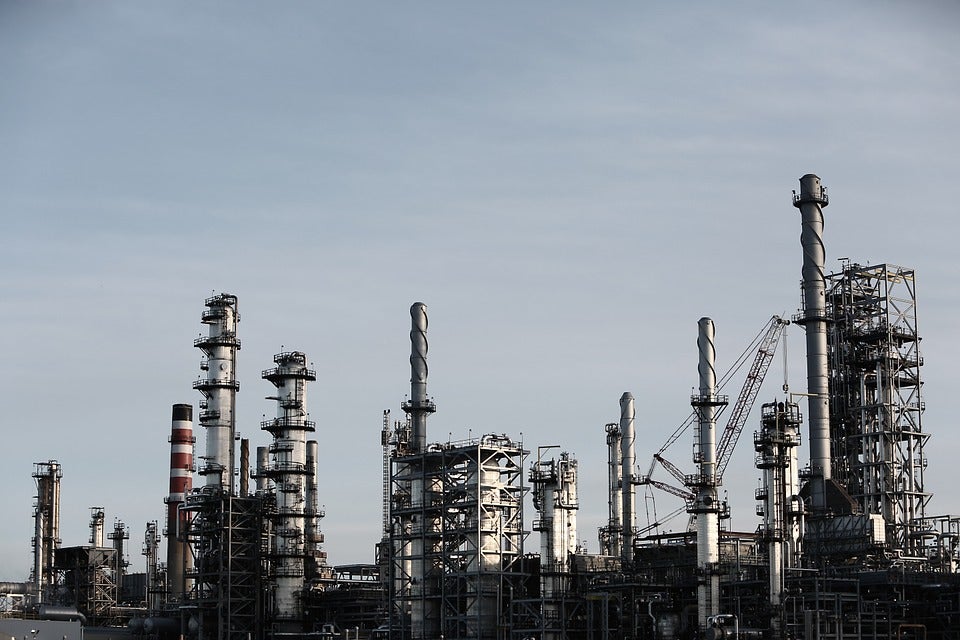
McDermott International has reported the commissioning of a new catalytic dehydrogenation plant at Hengli Petrochemical (Dalian) Refinery in Liaoning Province in northeast China.
Capacity of the catalytic dehydrogenation plant
The catalytic dehydrogenation plant is equipped with McDermott’s Lummus CATOFIN technology. The single-train dehydrogenation unit, with a capacity of over a million tonnes per annum, utilises CATOFIN catalyst and Heat Generating Material (HGM) from Clariant, which is the catalyst partner of Lummus Technology.
The new refining unit will produce propylene and isobutylene by processing 500KTA of propane and 800KTA of isobutene. Apart from the technology license, McDermott was also responsible for the process design package, training, and technical support for the catalytic dehydrogenation plant.
The Dalian oil refinery, which is located on the Changxing Island in Dalian City, achieved full operation in May 2019, reported XinhuaNet. The petrochemical complex, which has a processing capacity of 20 million tonnes per year of crude oil, can produce 14 million tonnes of chemicals per year.
McDermott Lummus Technology business senior vice president Leon de Bruyn said: “Lummus CATOFIN technology continues to be the dehydrogenation technology of choice, continually exceeding customer expectations for overall performance.
“This technology offers lower capital and operational costs for our customers, combined with unmatched reliability and optimization.”
Lummus Technology is a licensor of petrochemicals, refining, gasification and gas processing technologies, apart from being a supplier of catalysts and related engineering to the hydrocarbon processing sector.
In March 2019, McDermott International reported the commissioning of a new CDAlky reactor at PetroChina’s refinery located in Jilin, China, which enabled the production of motor fuel alkylate.
Developed by Lummus Technology, the CDAlky catalytic alkylation technology is an advanced low-temperature sulfuric acid alkylation process for producing the fuel variety. Motor fuel alkylate is produced via the reaction of light olefin streams from refinery sources like fluid catalytic cracking units or from steam cracking units with iso-paraffins triggered by the CDAlky technology.
Earlier this year, McDermott won an engineering, procurement and construction management (EPCM) contract from Unipetrol for the upgrade of a hydrocracking unit at the latter’s Litvinov refinery in the Czech Republic.






